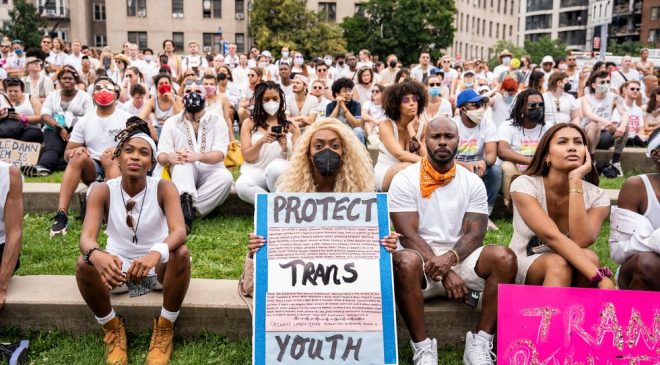
Critics of the selective application of parental rights laws argue that these regulations often disproportionately impact marginalized families, particularly those from low-income or minority communities. They contend that the enforcement of these laws is often biased and can result in the unnecessary separation of families, exacerbating existing social inequalities.
In many cases, the application of parental rights laws has been criticized for being overly punitive, especially when it comes to families facing economic hardship or dealing with issues such as housing instability or substance abuse. Critics assert that a more nuanced and compassionate approach is needed to address the complex circumstances faced by many families, rather than resorting to punitive measures that can have long-lasting negative effects on both parents and children.
The uneven enforcement of parental rights laws has also raised concerns about potential discrimination and bias within the child welfare system. Advocates argue that a more equitable and culturally sensitive approach is necessary to ensure that all families receive fair treatment and support, regardless of their socioeconomic status or background.
